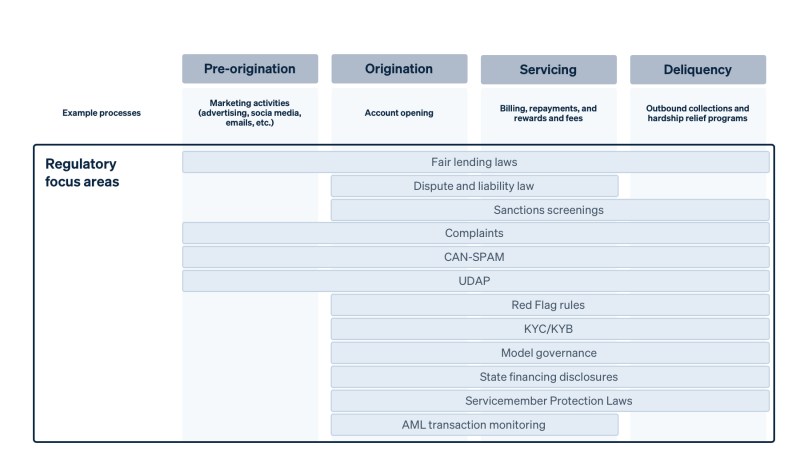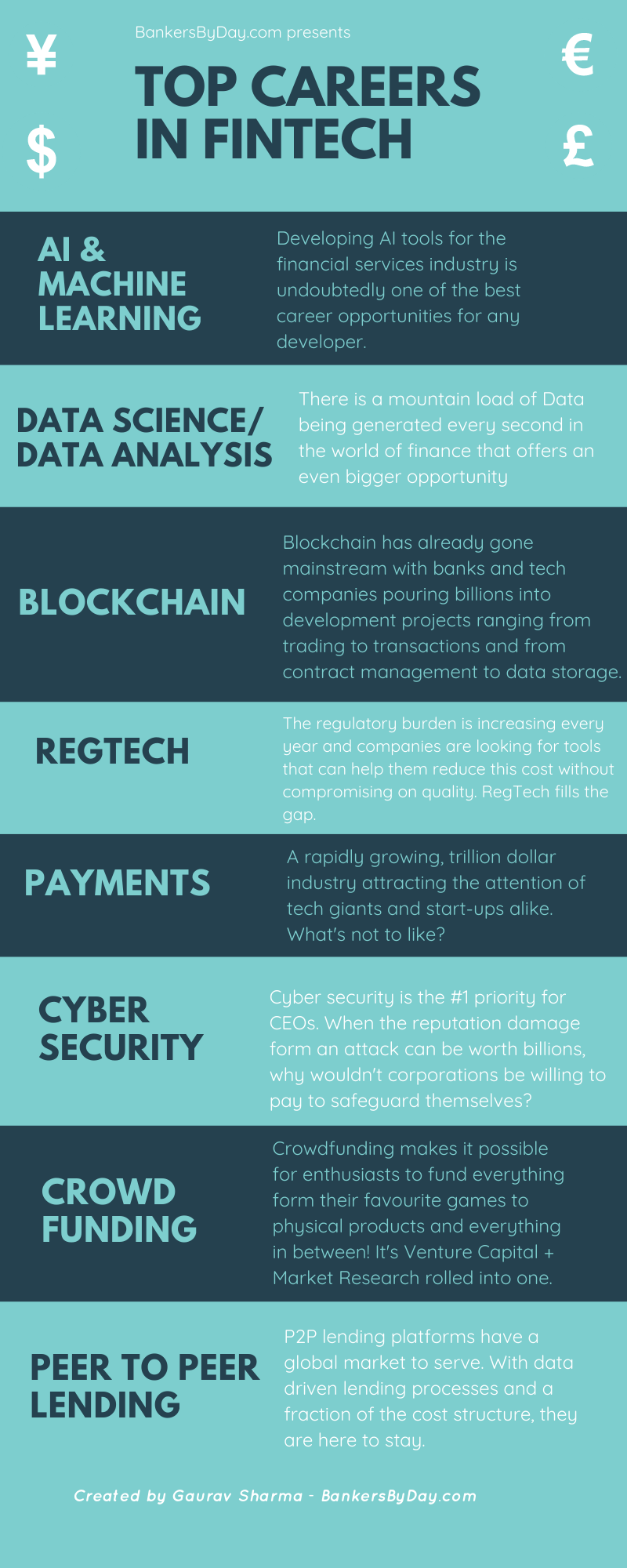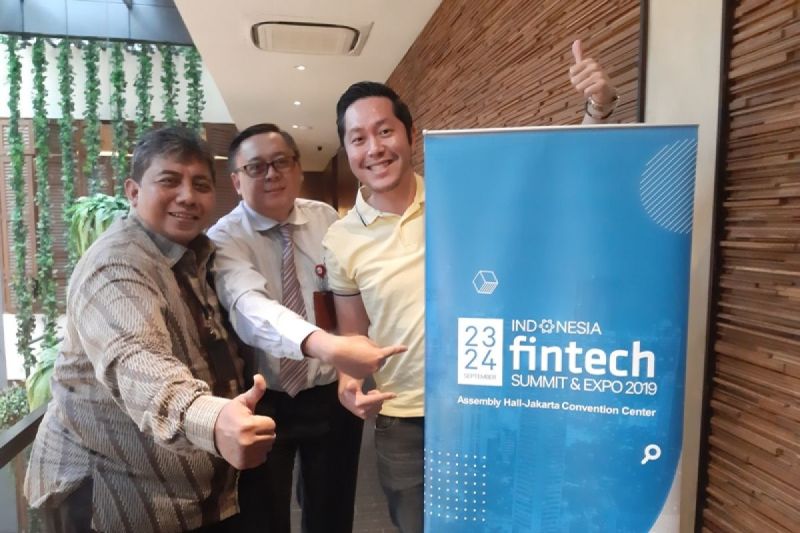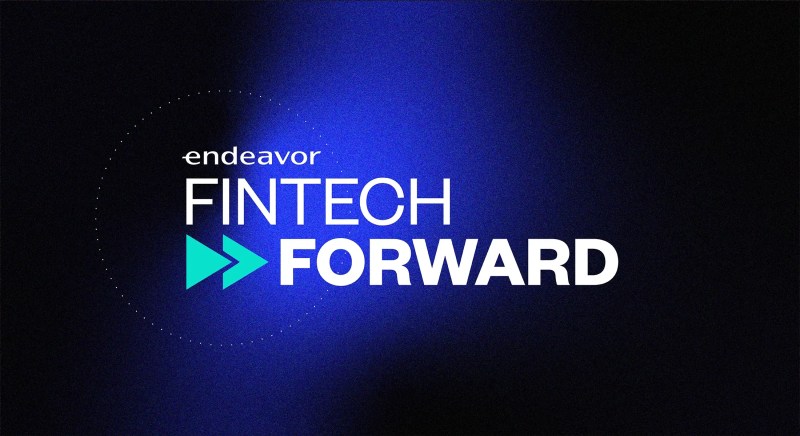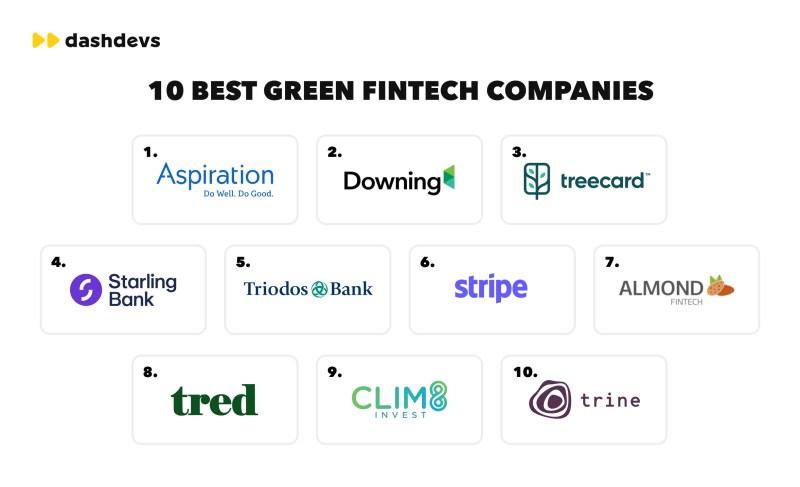
What Jobs Are There In Fintech – Financial technology (also known as fintech) is used to describe new technologies that attempt to improve and automate the provision and use of financial services. At its core, fintech is used to help companies, business owners and consumers better manage their financial activities, processes and lives. This includes specialized software and algorithms used in computers and smartphones. FinTech is short for “Financial Technology”.
When fintech emerged in the 21st century, the term originally referred to technology used in the back-end systems of specialized financial institutions such as banks. From 2018 to 2022, there was a shift towards customer-oriented services. Fintech is now spreading across various sectors and industries such as education, consumer banking, fundraising and non-profit organizations, and investment management.
What Jobs Are There In Fintech

Fintech includes the development and use of currencies such as Bitcoin. While that part of fintech gets a lot of headlines, the big money is in the traditional banking sector around the world with its multi-million dollar investments.
Singapore Fintech Festival
In general, the term “financial technology” can be applied to any innovation in the way people conduct business transactions, from the invention of digital money to two-dimensional information. Financial technology has grown tremendously since the revolution of the Internet.
You probably use some element of fintech every day. Some examples are transferring money from your checking account to your checking account via iPhone, sending money to a friend via Venmo, or managing your investments via an online platform. According to EY’s 2019 Global FinTech Adoption Index, two-thirds of consumers use at least two or more fintech services, and these consumers are increasingly aware of fintech as part of their everyday lives.
The most talked about (and most funded) fintech companies share a common characteristic: they challenge and ultimately win by making traditional financial services more agile, providing faster or better services under their control. .
For example, financial services firm Affirm is looking to cut credit card companies out of the online shopping process by offering customers a way to get short-term loans quickly. Although the costs are high, Affirm Claim offers a way for poor or needy customers to stabilize credit and build their credit history.
What Is Fintech And How Is It Changing Financial Products
Similarly, Better Mortgage simplifies the home mortgage process with a digital offering that rewards users with a first approved letter of credit within 24 hours of application. GreenSky strives to connect home improvement lenders and banks by helping customers avoid lenders and save on interest by offering an interest-free promotional period.
For consumers who are poor or have no credit, Tala helps customers in developing countries discover the deep information on their mobile phones and unrelated things like the mobile games they play. Each strives to provide such people with better options than local banks, lenders and other microfinance institutions.
In short, if you’ve ever wondered why some part of your financial life isn’t going well (like applying for a mortgage with a traditional lender) or feel like things just aren’t right, look to fintech (or find a solution for yourself .

At its core, fintech breaks down financial services into individual cities that are often easy to use. By combining quality offerings and technology, fintech enables companies to become more efficient and reduce costs associated with each transaction.
It’s An Easy One Trap #2
If there’s one word to describe how many fintech innovations have affected traditional businesses, banks, financial advice and products, it’s “disruption” – something you’ve probably heard in casual conversation or in the media. Financial products and services that were once the domain of branches, retailers and computers are now available on mobile devices.
For example, Robinhood’s mobile-only trading platform offers free transaction fees, and peer-to-peer (B2P) lending platforms such as Prosper Marketplace, Lending Club, and AntechPromise have lowered rates by opening up competition for loans to public market forces. Lenders like Kabbage, Lendio, Acion, and Funding Circle (among others) offer quick and easy solutions for startups and established businesses to secure capital. Oscar, an online insurance company, raised $165 million in funding in March 2018. Special funding rounds like this are rare and happen all over the world for fintech startups.
This shift towards a computer-first mindset has led many traditional companies to invest heavily in such products. For example, investment bank Goldman Sachs tried to enter the fintech space with consumer loan service Marcus in 2016.
However, many astute business observers warn that pursuing fintech-driven innovation will require more than technology spending. Rather, competing with startups requires a fundamental change in thinking, processes, decisions, and even organization.
Fintech Domains Explained
New technologies such as machine learning/artificial intelligence (AI), behavioral analytics and data analytics take the guesswork out of financial decisions. “Learning” apps not only teach users procedures, but also automatically engage users in learning games, improving their spending and saving options.
Fintech is an innovative customer service technology that uses chatbots and artificial intelligence to help customers with operational efficiency and reduced labor costs. Fintech is also used to combat fraud by using historical data to identify unusual transactions.
Since the mid-2010s, startups have been receiving billions in venture capital (some of which have become unicorns) and poaching financial institutions or new investments or creating their own fintech offerings.

North America still produces the most fintech startups, followed by Asia in second place, followed by Europe. Some of the most powerful areas of new fintech include or revolve around:
Rise And Rise Of Fintech
The move to mobile banking offers increased information, data, analytics and integration opportunities for all four regions to interact in unprecedented ways.
As a consumer, the younger you are, the more likely you are to know about fintech and be able to explain it properly. It is aimed at Generation Z and Millennials due to this generation’s large size and potential for high incomes.
When it comes to business, before using fintech, a business owner or startup goes to a bank for funding or capital. If they are going to accept loan payments, they need to connect with a credit provider and install key equipment like a card reader connected to a land line. Now, with mobile technology, these barriers are a thing of the past.
Financial services is one of the most regulated sectors in the world. Therefore, regulation has emerged as a primary concern for governments with fintech information.
13 Fintech Startup App Ideas To Consider In 2024
According to the U.S. Treasury Department, while fintech companies create new opportunities and capabilities for businesses and consumers, they also create new risks that warrant caution. “Information Privacy and Regulatory Compliance” are key concerns of the Finance Ministry. In its latest report in November 2022, the finance ministry called for greater oversight of financial activities of customers, especially non-banking institutions.
Regulation is also an issue in the emerging world of cryptocurrencies. An initial coin offering (ICO) is a form of crowdfunding that allows startups to raise capital directly from outsiders. In many countries, they are unregulated and have become breeding grounds for fraud and scams. The uncertainty of regulations for ICOs allows investors to pass security tokens masquerading as valid tokens through the US Securities and Exchange Commission (SEC) to avoid costs and fees.
Due to the large amount of information about fintech and the variety of businesses it touches, it is difficult to organize a holistic approach to these issues. In many cases, governments use regulations, and in some cases, specifically they regulate fintech.

No. As banks and companies build useful FinTech applications on basic banking (such as checking and savings, mobility, credit/debit cards and loans), many areas of FinTech (such as personal finance or payments) are growing in popularity.
Malaysia Fintech Report 2023
Fintechs make money in different ways depending on their expertise. For example, fintech banks may generate income from fees, interest on loans and sales of financial products. Investment schemes may charge trading fees, pass on fees (PFOF) or collect a percentage of assets under management (AUM). Payment plans can pay interest on money and pay bills for features like instant debit or credit card use.
Authors should use primary sources to support their work. These include white papers, government documents, original reports and interviews with experts. We also cite previous research from other reputable publishers where appropriate. Learn more about the standards we follow for fairness and impartiality in our editorial process.
The offers shown in this table are from partnerships that earn rewards. These updates may affect how and where listings appear. Not all offers in the market are included. The term “fintech” is a portmanteau of the word “financial technology”. Fintech involves the use of specialized solutions to support traditional financial services, providing new and faster services required in the modern world.
Fintech is growing rapidly
